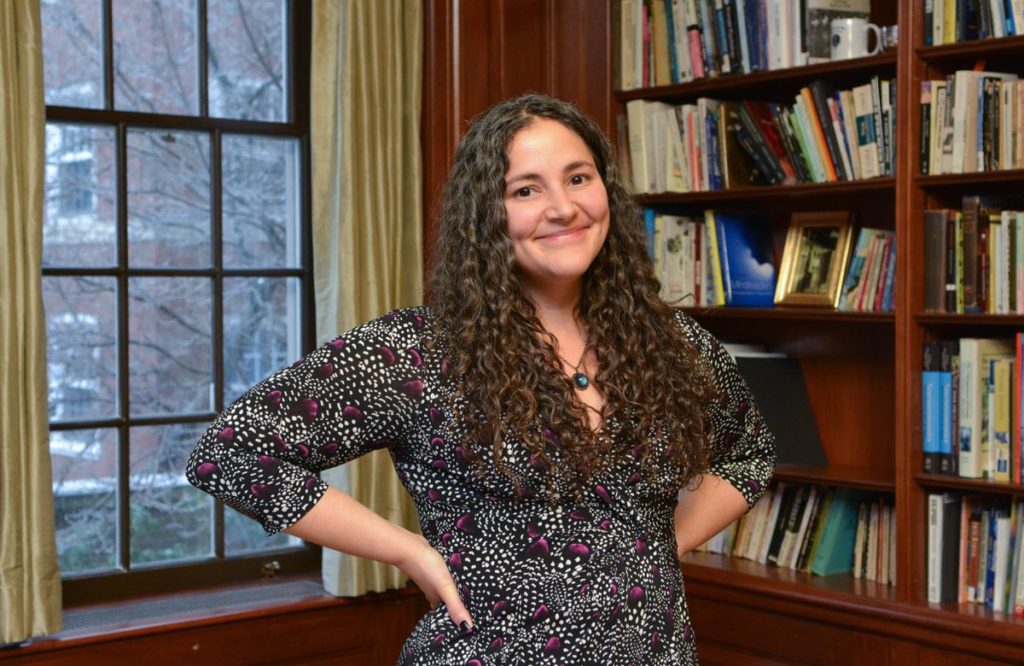Operator error last week. I failed to post this blog on time. Sorry.

Positive Stories. Last week, I easily saw several stories that give me hope. I did not have to look far; the first was from a few miles away in Mississippi.
The state of Mississippi is looked down on for many reasons, some well-deserved, some because of self-righteousness. The present story is one for which we should look up to the state and have hope. As an adopted Southerner this story gives me great hope.
The story begins in an integrated high school in Forest County Mississippi. Integration in Mississippi within my lifetime is progress and a first cause for hope.
Nyla Covington, a beautiful Black young woman, was elected Homecoming Queen at the Forest County High School. A Black queen elected in an integrated high school in Mississippi is progress, a second cause for hope.
The day Nyla was to be crowned, an Administrative Assistant in the school system died. Her daughter, Britany Walters, was an attendant to the Homecoming Queen.
Before Mrs. Walters died, she made her daughter and husband promise they would participate in the festivities. She did not want her death to ruin her daughter’s special day.
That night the father accompanied the grieving daughter to midfield and Nyla was crowned. Nyla then removed the crown and placed it on Britany.
That morning Nyla had gone to the principal and asked if she could give her crown to Britany. He said she could.
Will Wheat, Principal at Forest County, said, “We hope Nyla’s selfless act will be a light for the rest of society. We’re very proud of her and her giving nature.”
Her act is a third cause for hope. The fact that Britany is white, the show of love between people of different colors in Mississippi is cause for great hope.
I join the Pincipal Wheat in his hope for a light for all society.

Memories are Gifts of ove. The second positive news came from my daily devotional. The story involved a young boy landing a foul ball at a professional baseball game. His dad commented on how lucky his son was. The dad had never caught a ball.
That evening, the son came to his dad and wanted him to have the ball. What a touching act. The father convinced his son to keep the ball and developed a treasured memory of his son.
Their story reminded me of a story I have shared before. October 2 was the 20th anniversary of the loss of our daughter Dawn. She gave me a cherished memory.
One Halloween when she was very young, she was hiding her candy from her brothers. I took all of her candy but one piece. I was hoping to teach her a lesson. When I asked her if she would share some candy with me, she went to her stash. She was shocked to find it was so low, but came back to me and offered me the final piece. She gave me a memory of her love I will cherish forever.

Recommendation. A third source of positive information came in the form of a recommendation from Scott, our oldest son. He was listening to a podcast. He learned the teacher on the podcast had the most popular class in the history of Yale University. The class is on happiness.
Dr. Laurie Santos, developed the class. She recognized the need for such a class after becoming head of Yale’s Silliman College. Living among students, she began observing an alarming trend confirmed in national surveys; a growing number of college students report feeling depressed, anxious, lonely, overwhelmed, even hopeless, much of the time.
She has had as many as 1200 students a semester in her class. Yale made it available free on-line and thousands have taken it.
Some people of faith encourage faith as the only answer to happiness. I experience joy through my faith but I also believe we should use practical advice when available and helpful. If knowledge is available, I say use it.
Her suggestions are, practical, understandable and backed by research. Obviously, I cannot describe the complete course in a paragraph or two. However, a few highlights are worth mentioning.
She gives several practical steps. She begins by having people rewire what they believe to be happiness. Materialism is not happiness. Interestingly, she says love is not just happiness. Love is great but not always happy. Love means in sickness and in health. Love involves good times and bad.
For her, a huge key to happiness is an attitude of gratitude. She suggests keeping a gratitude journal and finding ways to show gratitude to others for even the simplest of things.
She stresses time management. Find time each day to do what I would call centering; prayer, meditation, “getting your act together.” I would stress the importance of doing things you enjoy but to work and then play. The priority of work to play is important.
She stresses social relations. Even being courteous to clerks and strangers is a social opportunity and we should take advantage of every opportunity. She points out texting is a relationship with your phone, not a social relationship. Listening and showing an interest in others builds social relationships.
She adds the basics — good sleep and exercise are important. There are many more suggestions, I am giving a few highlights.
Scott gave a good recommendation. If you are interested you can google “Santos, Happiness, U-Tube” and watch any of the many presentations she gives. You can also listen to her podcast. You can even take the free course.

More Good News. Two weeks ago I said I was reading positive news from several sources. The process is helping my attitude.
I have taken the time to highlight one story from each source to give you an idea of what you will encounter if you take the time to read the sources.
I was encouraged by what I read:
1. Research with genes has initial success, by partially restoring sight to people with a specific genetic condition causing blindness.
goodnewsnetwork.org/crispr-gene-editing-experiment-partly-restores-vision-in-legally-blind-patients/
2. An artificial kidney has been developed that would free people from dialysis.
3. A couple made it their mission to send books to specific inmates as encouragement.
Couple sends books to inmates to show them they are not forgotten (msn.com)
4. In order to keep a family together a couple agreed to adopt two sets of twins.
Couple adopts 2 sets of twins to keep family together: ‘We have a lot of love’ | Fox News
5. Atlanta teachers adopted a fascinating way to help students affirm themselves.
Atlanta teachers help students say positive affirmations (today.com)
6. After his credit card was denied, a man is caught on video stealing diapers. The video was aired in hopes of arresting the man. Several people offered to pay for the diapers. The money came in and no charges were filed.
Strangers Help Man Accused Of Stealing Diapers So He Doesn’t Get Arrested (sunnyskyz.com)
Jeny. This week was Jeny’s 5th treatment. First week after treatment is always rough but only one more to go.
Peace,
Jerry
Next section of my essay.
How was the word “race” used at its inception?
From the beginning race was used for derogatory purposes. John Biewen as Director of the Center for Documentary Studies at Duke University gave an interesting and challenging TED talk. The title was “The lie that invented racism.”
He refers to work by Ibram Kendi, Director of the Center for Antiracist Research at Boston University. Ibram believes the initial use of the term race can be traced to a book written in the 1450’s by Gomes de Zurara. He was Portuguese. He put all Africans in a race lower than others. The purpose was to justify slavery.
Clearly the use of the term was divisive, derogatory, prejudicial and based on a lie. As Biewen points out, the only race is the human race and all Africans are not less than other people.
In my research I found that around the same time (circa 1449) the Spanish used the term to restrict Jews. Leon Poliakov, noted French historian, believes an edict from the inquisition in 1449 was the first example of legalized racism. The Spanish Inquisition limited the rights of Jews even when they converted.
For both Africans and Jews, race was used for divisive, derogatory, and prejudicial reasons.
0 Comments